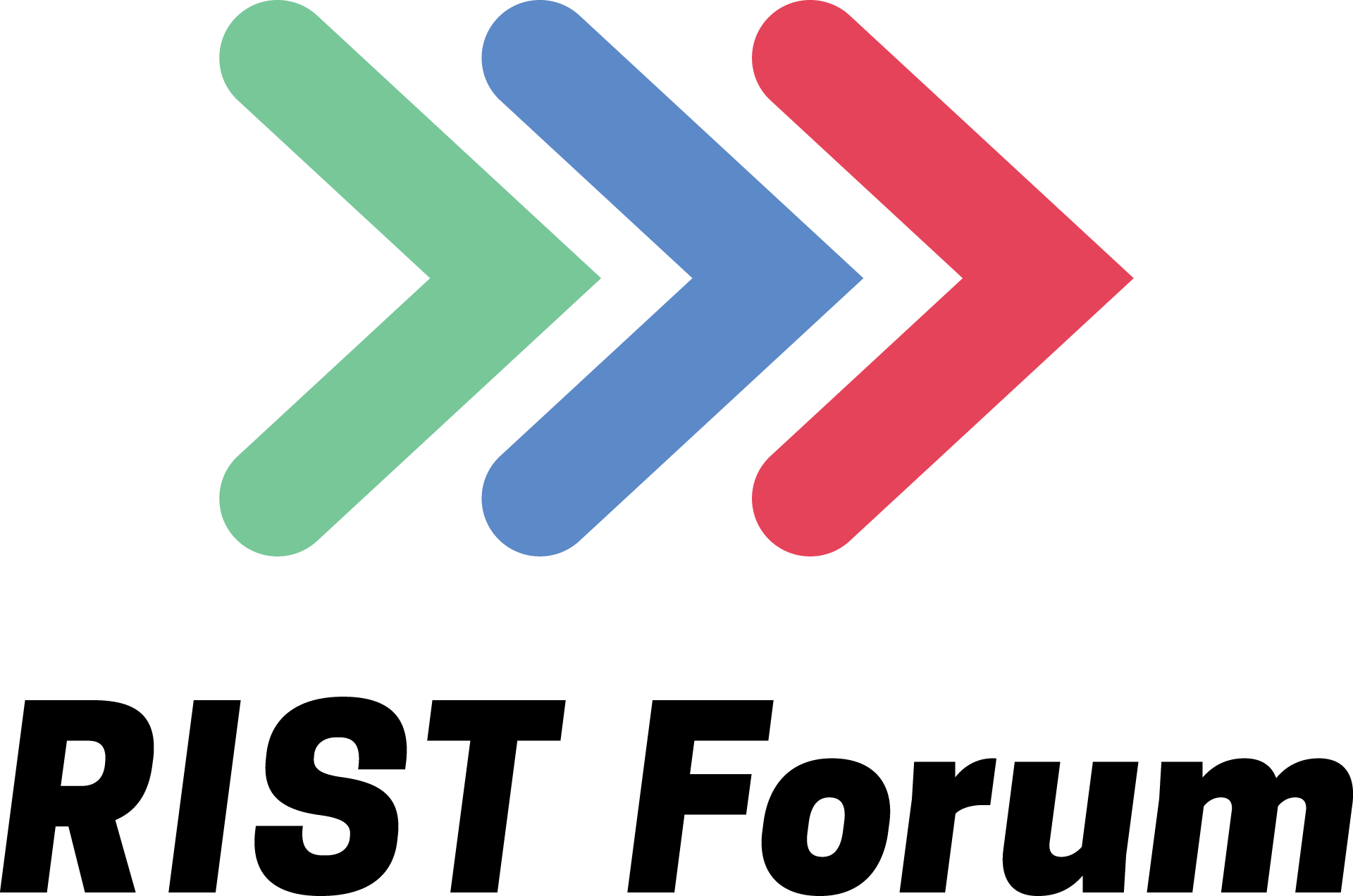Breaking Free of Single Vendor Solutions
The sustained growth in consumer demand for high quality video content has made it clear to the broadcast industry that, to cope with demand, it needs to adapt its methods of delivery. Workflows are being modified to reduce costs, with many shifting to hybrid networks to modernise and streamline processes. With IP becoming the norm for many broadcasters, reliable and broadcast-standard content transportation is imperative to ensure that there’s no dip in the quality being received by viewers. With this giant shift to IP, what do we think should be at the forefront of broadcasters’ minds when implementing their new networks? Simple: interoperability.
Why interoperability should be your priority
Much of the industry already knows that one of the largest challenges with transporting video over IP is the variability of Internet performance. This inconsistent performance can cause disruption to video streams and general signal impairment. To mitigate these issues, there are numerous products and solutions within the broadcast tech space which can contribute and distribute your content whilst managing the impact of IP variability, reducing the risk of disturbed signals due to packet loss. But as you plan to position these products within your network, what considerations should you be making in regards to the larger picture?
We know that reliability is the key to success in broadcasting content. You need to know that your content will be received and processed correctly. Transporting content over IP is no different. Manufacturers and solution providers have a wealth of standards to choose from when designing their products, all being utilised to deliver the objective of quick, lossless content delivery. However, many of the standards are hugely limited by their development, resulting in complicated solutions being put in place to compensate for their inherent lack of interoperability capabilities. These messy solutions can make the chain sluggish and hard to edit, making it more likely for errors to occur. Additionally, Single Vendor solutions are often difficult (and expensive!) to break free from. Proper interoperability means that you do not get locked in; you and your content will be able to move freely within networks.
Choosing RIST-certified products
Many manufacturers have utilised the Reliable Internet Transport Stream (RIST) protocol within their products for contribution and distribution. The RIST protocol is built upon the objective of creating a truly interoperable broadcast environment. It sets high technical quality standards and fosters collaborative innovation among vendors and technical experts.
Some of its key technical deliveries are as follows:
Cost-effective, adaptable, and offers a quick set up.
Automatic Repeat Request (ARQ) which have enabled selective retransmission of lost packets, therefore improving the reliability of IP transmission.
Networking support for multiple ISPs improves the reliability of IP video transmission, and retransmissions can be sent on both connections to safeguard stream reliability.
Point-to-multipoint and IP multicast which allow efficient transmission to multiple destinations, while bonding and seamless switching protect content delivery by sending redundant streams.
Reflecting this, support for SMPTE ST 2022‑7 seamless switching in RIST has been incredibly successful. Its ability to carry streams over multipaths and re-aggregate if a path has errors, all whilst staying fully redundant with low latency, has been well-received within the industry.
Lock into interoperability now
It is clear that as networks evolve, and ultimately continue to grow, interoperability is going to become key when choosing products for contribution and distribution. As more and more networks join the landscape, now is the time to future-proof your infrastructure and choose truly interoperable solutions.
For more information, catch up on VidTrans22 panellists discussing its impact on real-world use-cases at the Marina Del Rey event last year.

